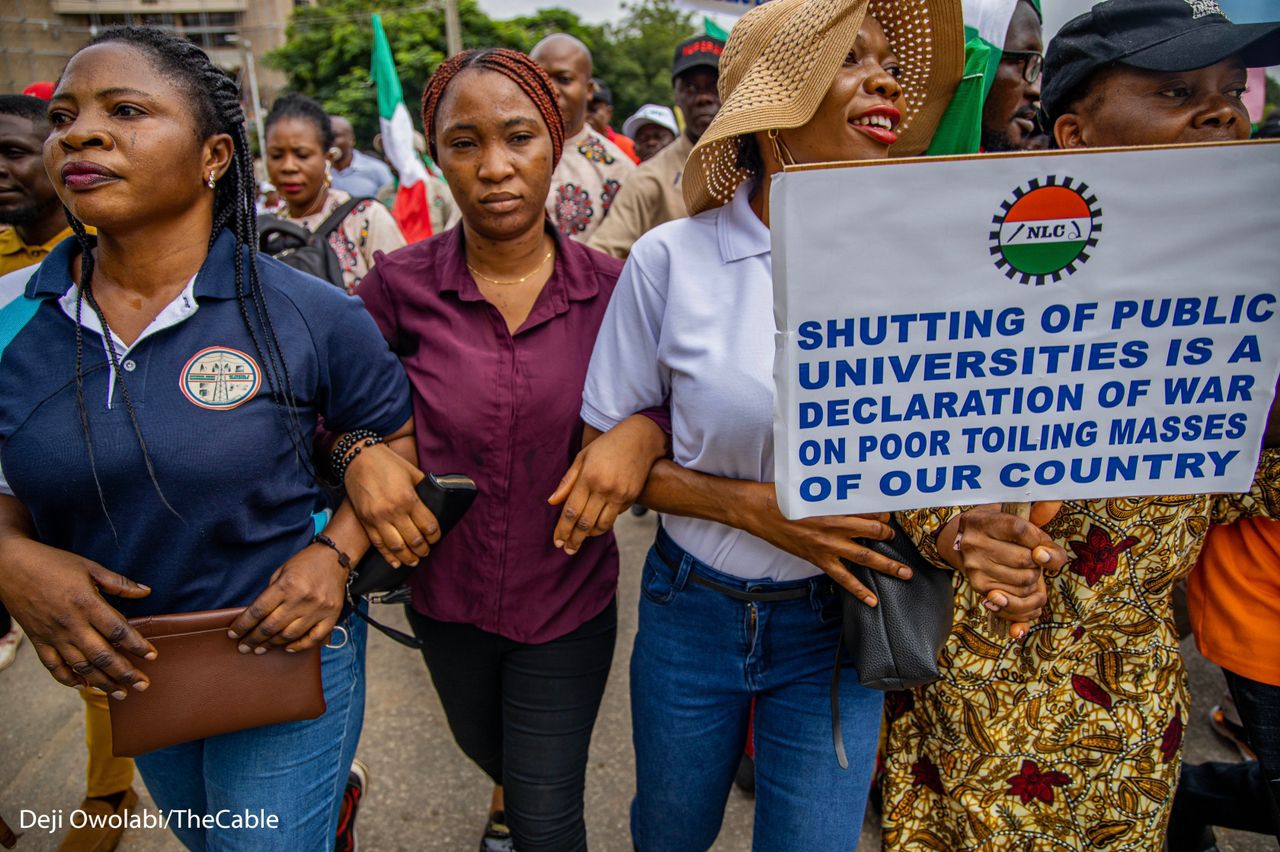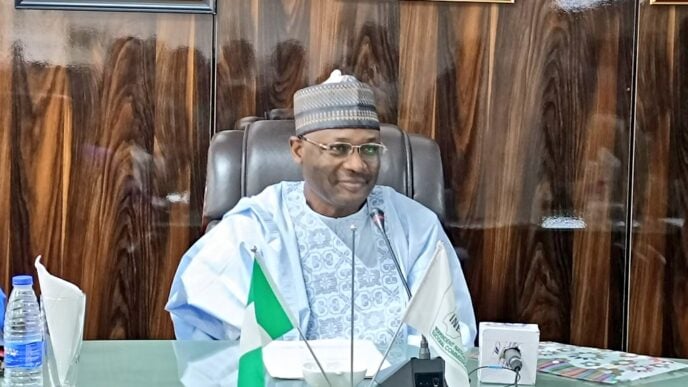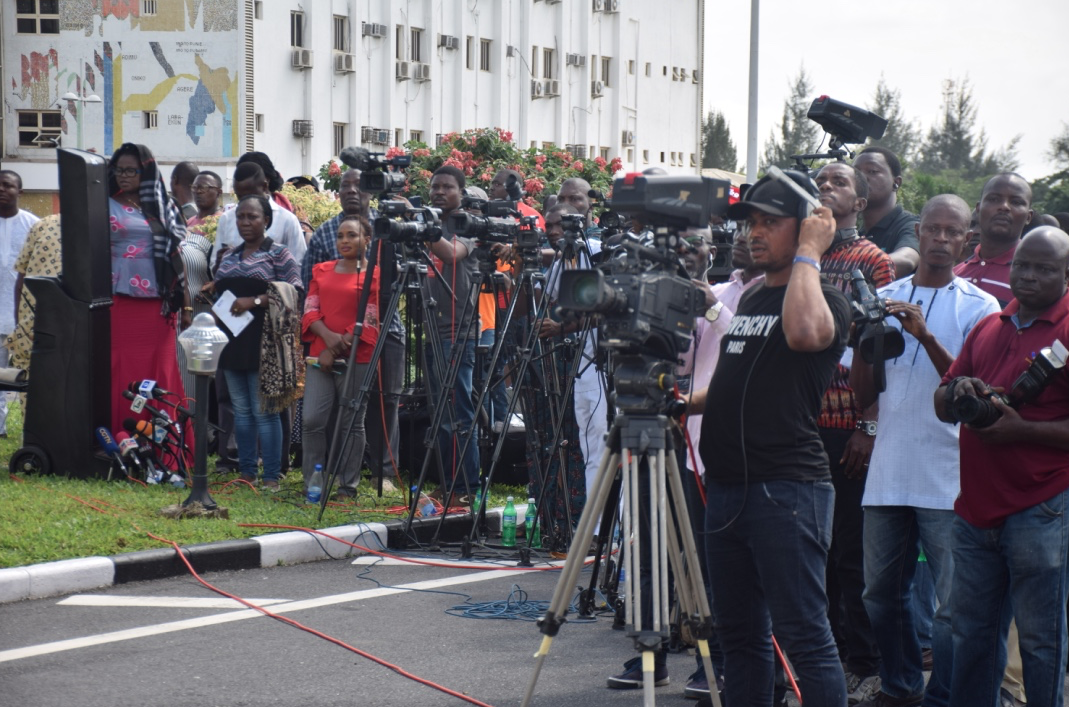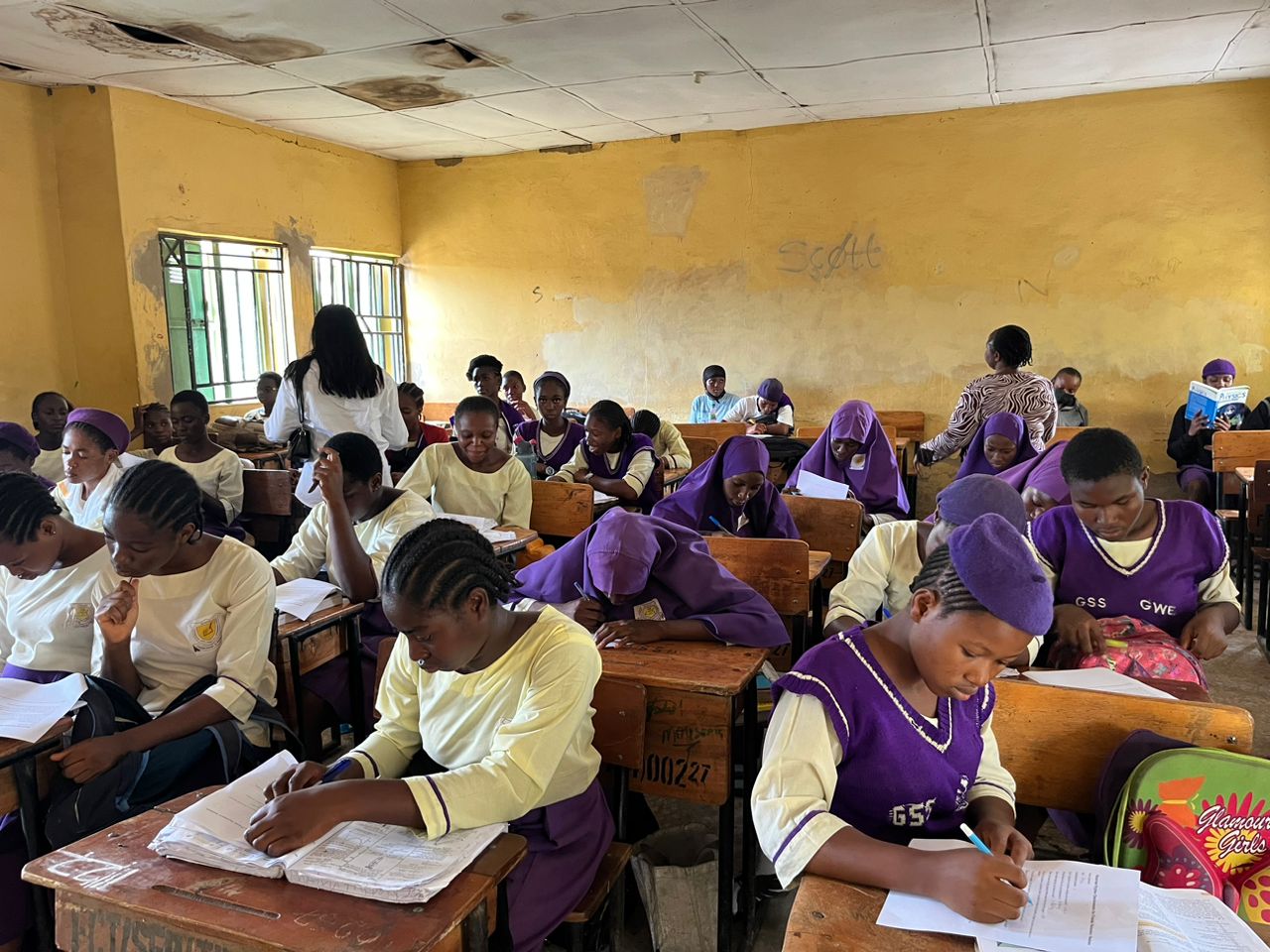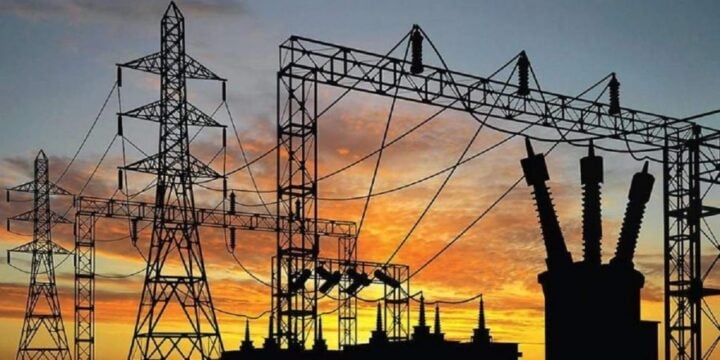BY TAIWO MUSTAPHA
Education is the foundation of any progressive society. It drives innovation, fosters social mobility, and underpins national development. Yet, in Nigeria, this critical sector has been repeatedly neglected, mismanaged, and politicised, most notably through the persistent strikes by the Academic Staff Union of Universities (ASUU). These strikes have become a tragic hallmark of our higher education system, leaving students stranded, lecturers disillusioned, and the nation’s future hanging precariously.
The Nigerian government’s approach to education, particularly at the tertiary level, is deeply troubling. For decades, successive administrations have failed to honour agreements with ASUU, underfunded universities, and ignored the systemic decay within our institutions. The consequences are dire: disrupted academic calendars, delayed graduations, and a generation of students losing faith in the system.
Recently, ASUU declared a two-week nationwide warning strike beginning October 13, 2025, following the expiration of a 14-day ultimatum issued to the federal government. The union cited unresolved issues, including the renegotiation of the 2009 ASUU-FGN Agreement, non-payment of withheld salaries, lack of revitalisation funds for public universities, and the victimisation of lecturers.
Advertisement
This strike follows closely on the heels of previous industrial actions, despite government claims of releasing ₦50 billion for Earned Academic Allowances and budgeting ₦150 billion for university infrastructure. ASUU maintains that these promises have not translated into meaningful improvements.
Historically, Nigeria’s budgetary allocation to education has been woefully inadequate. Between 1960 and 2023, the average allocation stood at 5.94% of the national budget, far below UNESCO’s recommended benchmark of 15–26%. Even during the democratic era (1999–2023), the average only slightly improved to 7.81%, still trailing behind countries like Ghana (24.37%), Kenya (21.70%), Senegal (21.32%), South Africa (19.49%), and Morocco (17.61%). These countries have consistently met and exceeded UNESCO’s benchmarks, showing that higher education investment is possible even in developing economies.
In 2025, the government allocated ₦3.52 trillion to education, representing just 7% of the national budget. This is grossly insufficient, especially considering the pressing needs in infrastructure, staff remuneration, and research funding. According to eajournal.org, Nigeria’s failure to meet global benchmarks has eroded the quality of education, accelerated brain drain, and tarnished its international academic reputation.
Advertisement
The most profound impact of these strikes is felt by students. Academic calendars are thrown into disarray, graduation timelines are extended, and career aspirations are put on hold. Many students spend six to seven years completing four-year degrees. I am a living example. Beyond academic delays, students lose scholarships, internships, and international opportunities. The psychological toll is immense: anxiety, depression, and a pervasive sense of hopelessness have become common among undergraduates.
Nigeria’s global reputation also suffers. Our universities, once respected across Africa, now struggle to attract international students and scholars. The frequent strikes portray Nigeria as unstable and unserious about education. This discourages foreign investment in research and academic partnerships and fuels the brain drain as talented students and lecturers seek stability abroad.
Other nations have faced similar challenges but responded with strategic and sustainable solutions: United Kingdom: Between 2018 and 2023, UK universities experienced widespread strikes over pensions and pay. The University and College Union (UCU) secured reforms through structured negotiations, demonstrating the power of consistent dialogue and compromise. Kenya: In 2025, the Employment and Labour Relations Court suspended a university staff strike and ordered conciliation talks. The government promptly released Sh2.73 billion to settle arrears, showing that legal and financial accountability can lead to swift resolution. Finland: The Finnish government funds universities based on performance indicators such as graduation rates and research output. Institutions enjoy financial autonomy, promoting innovation and accountability.
To break the cycle of disruption, the Nigerian government must take bold and deliberate action: Honour existing agreements, increase budgetary allocation to education, and adopt performance-based funding models like Finland, which allocate university funds based on measurable outcomes in education and research.
Advertisement
In conclusion, the time for rhetoric is over. Nigeria cannot afford to gamble with its future by treating education as an afterthought. The government must rise to the occasion, prioritise education, and end the ASUU strike cycle once and for all. Our students deserve stability. Our lecturers deserve respect. And our nation deserves a functional, world-class education system.
Taiwo Mustapha writes from Florida, USA.
Views expressed by contributors are strictly personal and not of TheCable.
